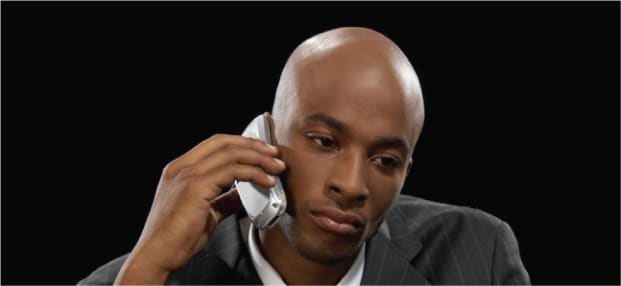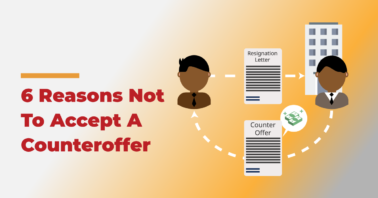Most of us believe that once we state our telephone contacts in our resumes the potential employer will only use this information when calling us for an interview. However, that is not always the case. The phone interview are becoming a popular step in the recruiting process of many companies, especially startups and technology savvy companies.
So what is the big fuss about phone interviews anyway? One might wonder. Truth is, phone interviews are undermined, despite their potential to discredit a deserving candidate in a normal oral interview. Employers see these interviews as a way to filter the large pool of expectant applicants. So you need to start taking them seriously and anticipate them every time you sent out a job application.With the pointers below, taking a phone interview shouldn’t be such a perplexing notion.

Be Calm
Most likely, the person interviewing will make a preliminary call to inform you of an interview session about to take place. For those handling a phone interview for the first time it may be a nerve-wrecking realization that they are about to be interviewed on phone. The important thing to remember here is that at that point your voice is the key channel to the next stage of the interview. Take deep breaths and gather your thoughts.

Be ready
Readiness has to do with your environment, your physical condition and your cognizance of necessary information. Ensure that you have already mastered the job description outlined in the advertisement. Nothing puts off an interviewer than a candidate asking “So, what will my role be in this position?” When the interviewer calls to notify you of an imminent phone interview, the first thing to do is ensure that you are in a quiet environment that allows for a smooth flow of conversation. Your constant request for your interviewer to repeat a question will make them want to pull their hair out, which will definitely work against you. Sometimes an interview call can find us in the most awkward of circumstances. For instance, when the call comes in when you are in the bathroom, in a meeting, while eating or driving e.t.c. In such a situation, request the caller to call you at a later time. Be very careful and use emotional intelligence to decipher hesitance or silence after making the postponing request. This could be an indication that they are deciding whether it would be worth it or whether they should move on to the next candidate in the list. In such a circumstance, just go on with the interview. It is better to go through despite the forces of nature against you, than not taking the interview at all.

Remember your Etiquette
The fact that the person on the other end cannot see you doesn’t mean that they cannot hear the unspoken or read the mood around your environment. Where you have a scheduled phone interview, your preparation should involve your dressing and posture. Official dressing and straight posture makes you feel official and your voice comes across as such. A slouched posture makes your voice come across as forced, tired or lazy. A call made while standing is the best way to project a strong clear voice. Make sure you smile and engage your interviewer. It is transferred to your voice and your listener on the other end can read your body language through your voice. Do not eat or chew gum while on phone. The phone doesn’t muffle your munching or slurping and even the most good-natured interviewer will be irked by it. Treat the phone interview as you would an oral one. Answer questions in a way that shows interest in the organization and avoid any egocentric questions. Salary and benefits should not be part of the telephone interview, unless the interviewer raises the issue.
Finally, follow up with a Thank-you email after the call and emphasize on your interest in working for the organization and how you will be a value-add to them.This will keep the interaction fresh in the interviewer’s mind and bring you closer to the next interview process.





